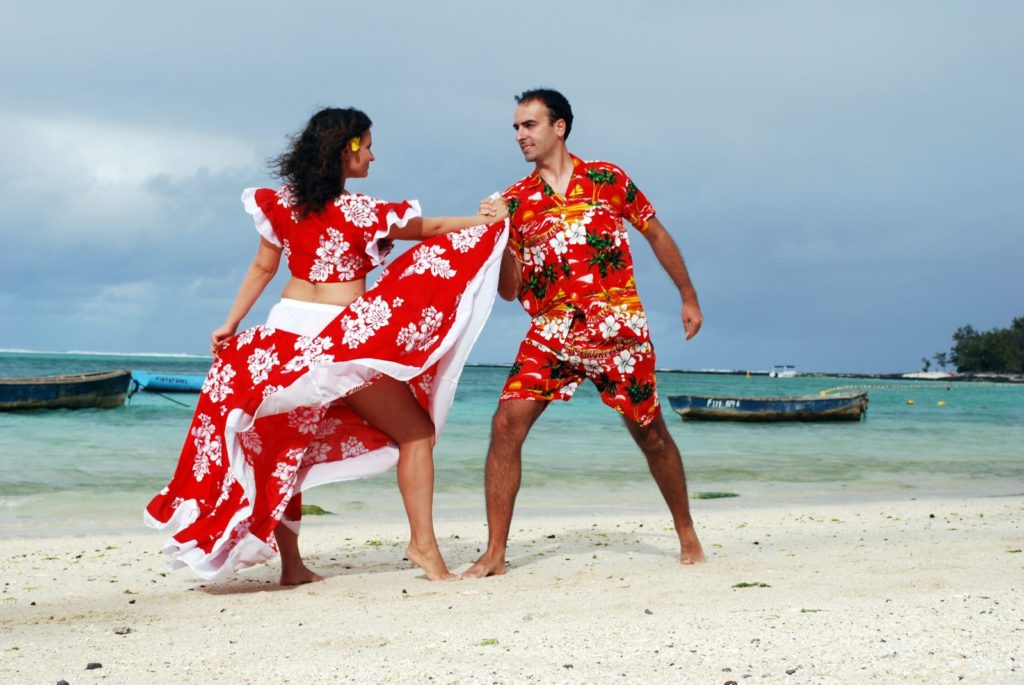
About Mauritius
Live in Mauritius

About Mauritius
Mauritius, an island country in the Indian Ocean, located off the eastern coast of Africa. Physiographically, it is part of the Mascarene Islands. The capital is Port Louis.
- Land
- Relief and drainage
- People
- Ethnic groups, languages, and religion
- Economy
- Finance and trade
- Transportation and telecommunications
- Education
- Cultural life
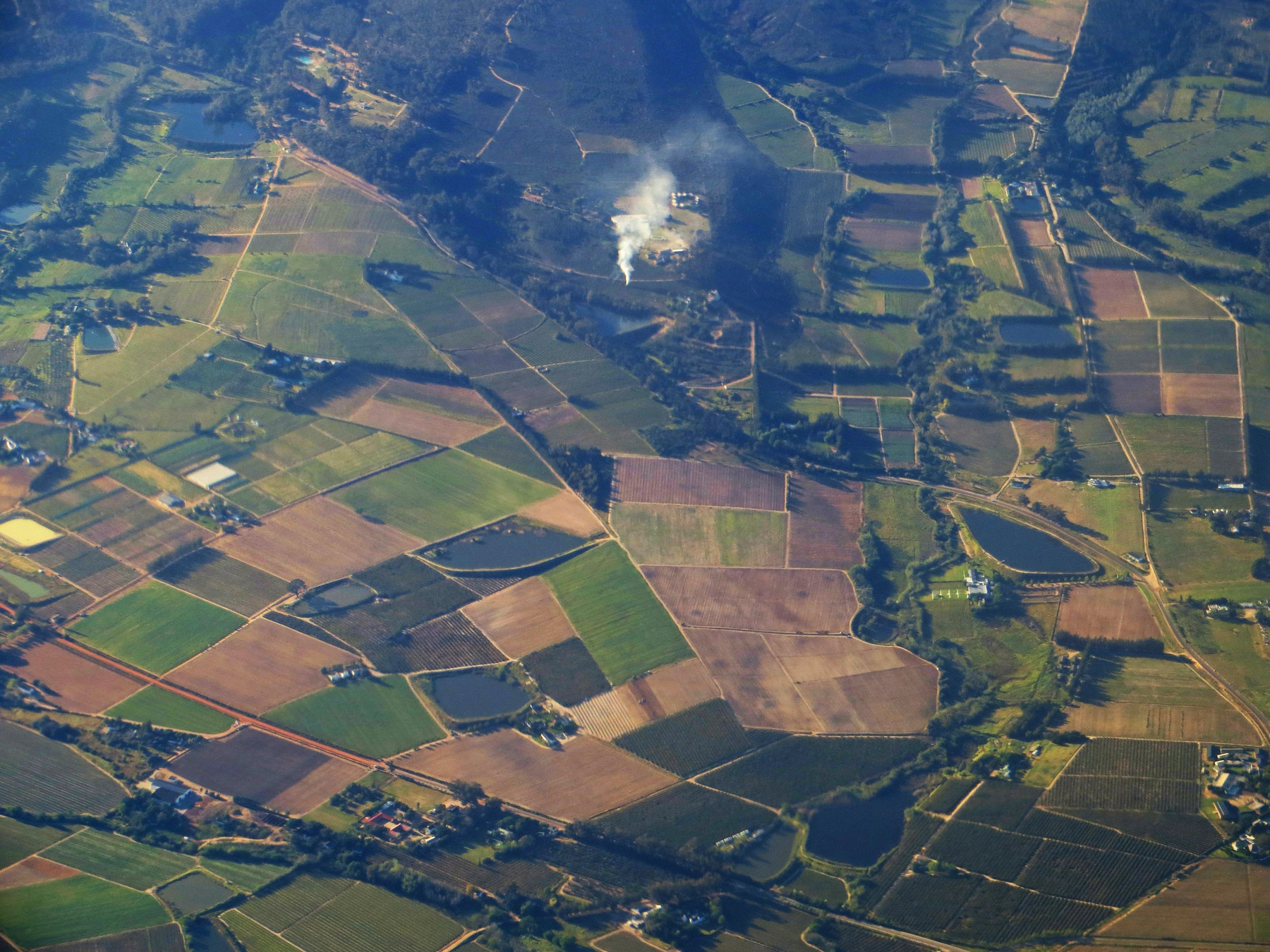
Land
Mauritius lies about 500 miles (800 km) east of Madagascar in the Indian Ocean. Its outlying territories are Rodrigues Island, situated about 340 miles (550 km) eastward, the Cargados Carajos Shoals, 250 miles (400 km) northeastward, and the Agalega Islands, 580 miles (930 km) northward from the main island. Mauritius also claims sovereignty over the Chagos Archipelago (including Diego Garcia), some 1,250 miles (2,000 km) to the northeast, although this claim is disputed by Britain.
Relief and drainage
The island of Mauritius is volcanic in origin and is almost entirely surro
unded by coral reefs. The northern part is a plain that rises to a central plateau, varying in elevation from about 900 to 2,400 feet (270 to 730 metres) above sea level. The plateau is bordered by small mountains that may have formed the rim of an ancient volcano; the highest point (2,717 feet [828 metres]) is Piton de la Petite Rivière Noire in the southwest. The two major rivers, the Grand River South East and the Black River, are the primary sources of hydroelectric power. Lake Vacoas, one of the main reservoirs, is the chief source of water.
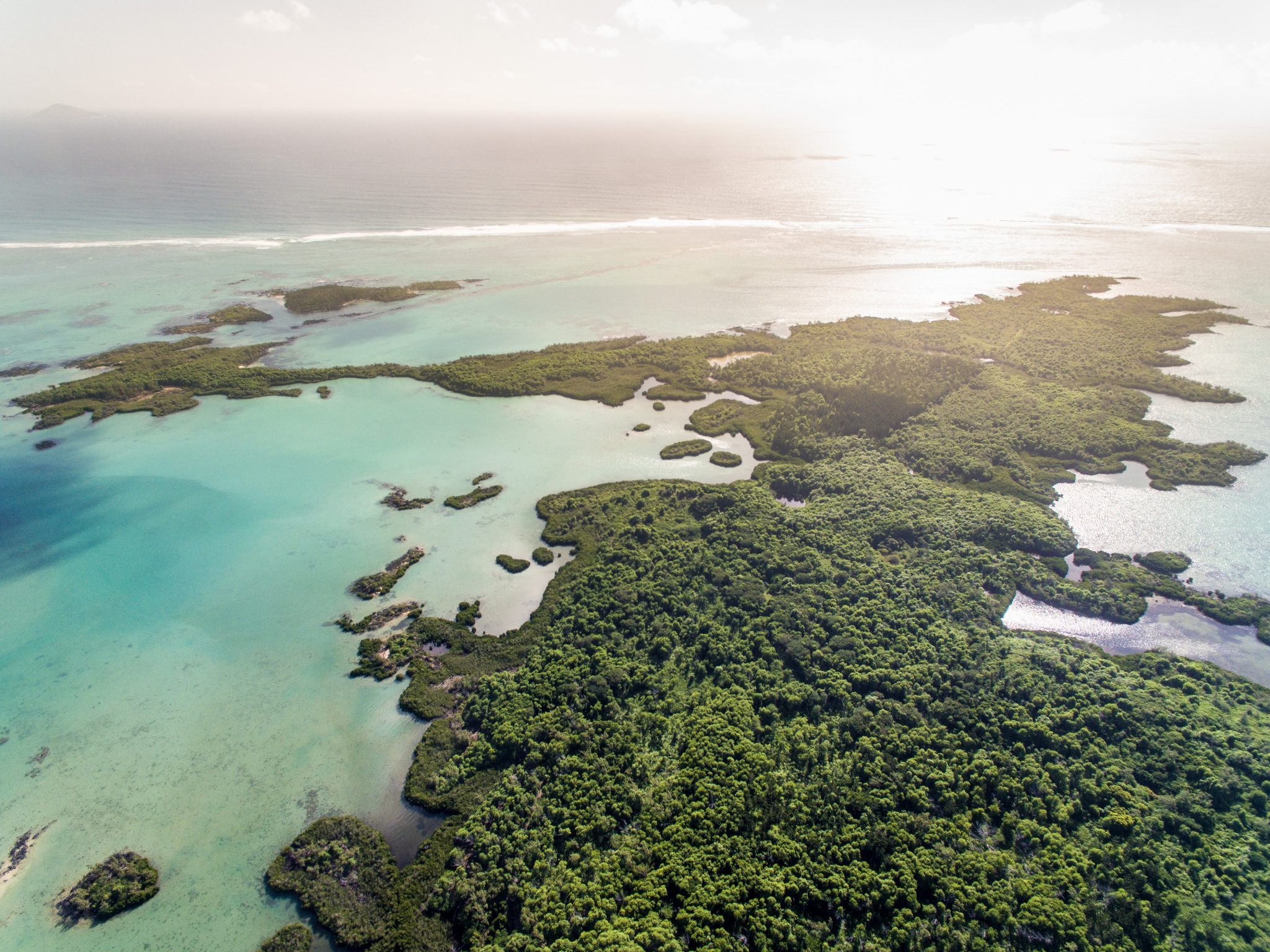
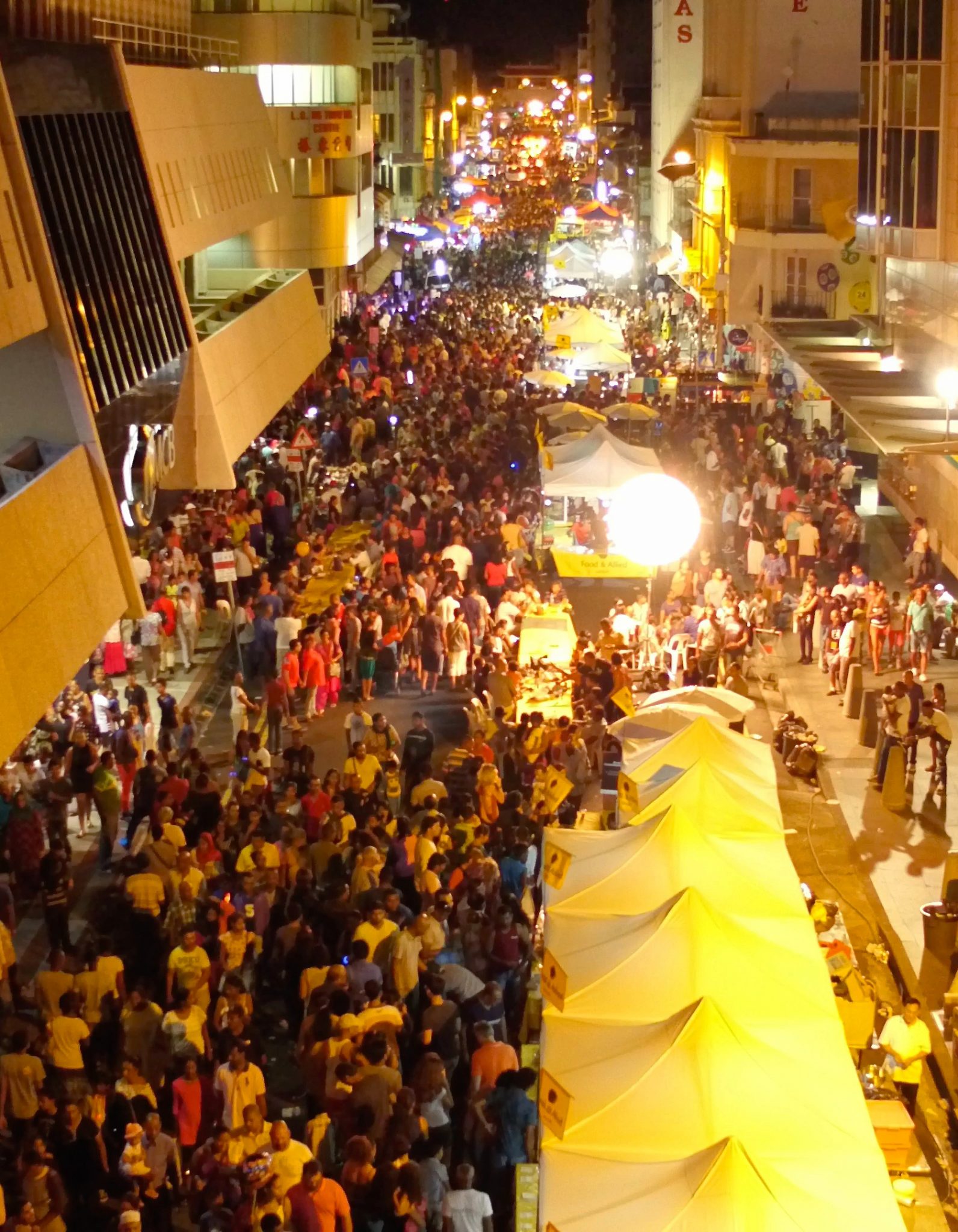
Ethnic groups, languages, and religion
Approximately two-thirds of the population is of Indo-Pakistani origin, most of whom are descendants of indentured labourers brought to work in the sugar industry during the 19th and early 20th centuries. About one-fourth of the population is Creole (of mixed French and African descent), and there are small numbers of people of Chinese and Franco-Mauritian descent.
Although English is the official language, it is spoken by a very small percentage of the population. Creole, a French-based patois, is spoken by about four-fifths of the population and is the lingua franca of the country. Bhojpuri, an Indo-Aryan language, is spoken by one-tenth of the population, and French is spoken by a small percentage. Other languages spoken on the island include Hindi, Chinese, Marathi, Tamil, Telugu, and Urdu. Mauritians commonly speak two, three, or even more languages, and the educational system supports a wide range of language instruction.
Religious affiliation varies: about half of the population is Hindu, about one-third is Christian (the majority of whom are Roman Catholic), and—with the exception of a small group of Buddhists—the majority of the remainder are Muslims.
Economy
Mauritius has a mixed developing economy based on manufactured exports, agriculture, tourism, and financial services. Government efforts to diversify the economy after 1980 have been successful, and the island is no longer as completely dependent on sugar production as it was throughout most of its history. The gross domestic product, among the highest of African countries, grew more rapidly than the population in the 1990s and 2000s.
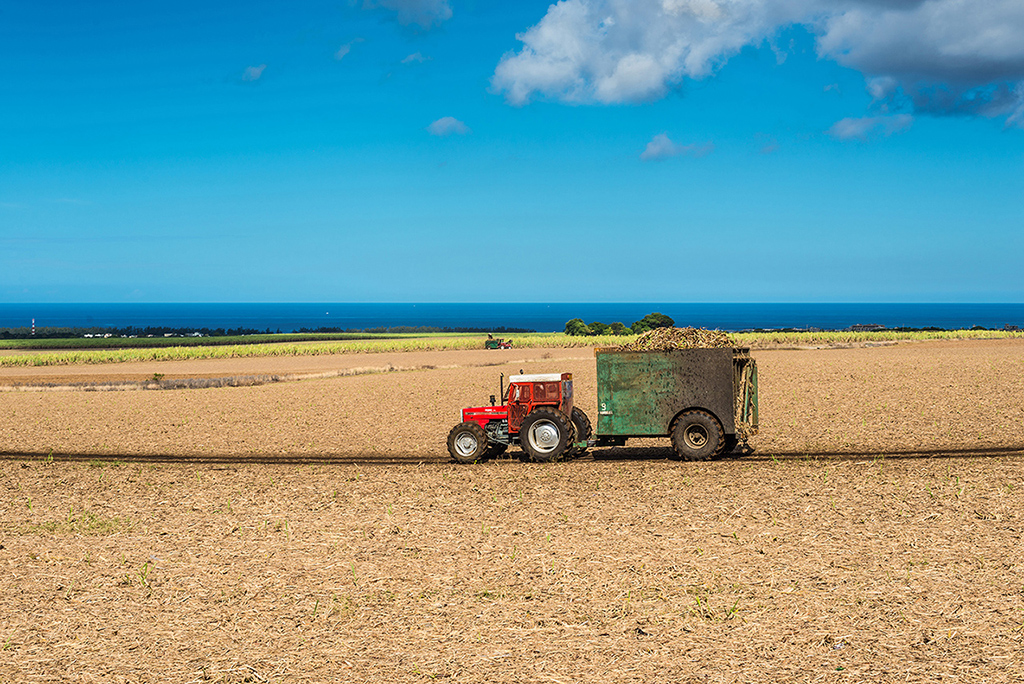

Finance and trade
Mauritius is home to many financial institutions, including a development bank, offshore banking facilities, and several commercial banks. The Bank of Mauritius is the central bank and issues the country’s currency, the Mauritian rupee. The country’s stock exchange is located in Port Louis.
Imports, largely of machinery and transport equipment, petroleum, and foodstuffs, outweigh exports of clothing and textiles, sugar, and fish and fish products. Important trading partners include the United Kingdom, France, the United States, South Africa, and China.
Transportation and telecommunications
Mauritius has a strong transportation infrastructure. The road system is well developed and in good repair, and almost all roadways are paved. Most of the country’s shipping activity is conducted through port facilities at Port Louis, which has been cultivated as a free port to encourage its development as an international shipping hub. An international airport is located at Plaisance, and there are other airports located throughout the country. Air Mauritius, the national carrier, flies many international routes. The island does not have any rail service.
The country’s telecommunications sector is well developed and among the best in the region. There has been rapid progress in this area owing to the country’s growing information and communication technology industry. About three-fourths of the population has mobile phone service, and one-fourth has internet service.
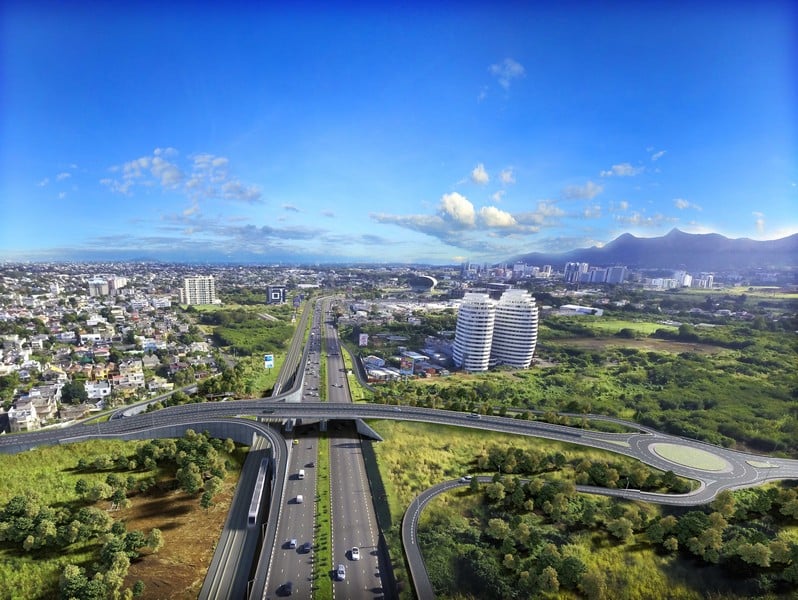

Education
Mauritius is home to many financial institutions, including a development bank, offshore banking facilities, and several commercial banks. The Bank of Mauritius is the central bank and issues the country’s currency, the Mauritian rupee. The country’s stock exchange is located in Port Louis.
Imports, largely of machinery and transport equipment, petroleum, and foodstuffs, outweigh exports of clothing and textiles, sugar, and fish and fish products. Important trading partners include the United Kingdom, France, the United States, South Africa, and China.
Cultural life
Mauritius offers a rich mixture of the many cultures and traditions of its different peoples. The ethnic and religious diversity of Mauritius also means that there are many holidays and festivals scheduled throughout the year, including the Hindu festivals of Maha Shivaratree (see Mahā-śivarātrī) in February and March and Divali in late October and November; the Muslim festival of ʿĪd al-Fiṭr, marking the end of Ramadan; the Catholic observances in honour of Père Laval in September, All Saints’ Day in November, and Christmas in December; the lively Chinese Spring Festival celebration; and the Tamil holiday of Thaipoosam Cavadee, usually held in January or February, which includes fire-walking ceremonies. The entire country observes Abolition of Slavery Day on February 1, Republic Day on March 12, Labour Day on May 1, and Arrival of Indentured Laborers Day on November 2.
